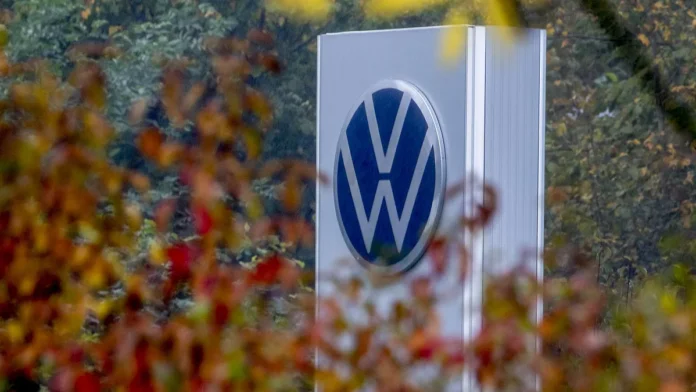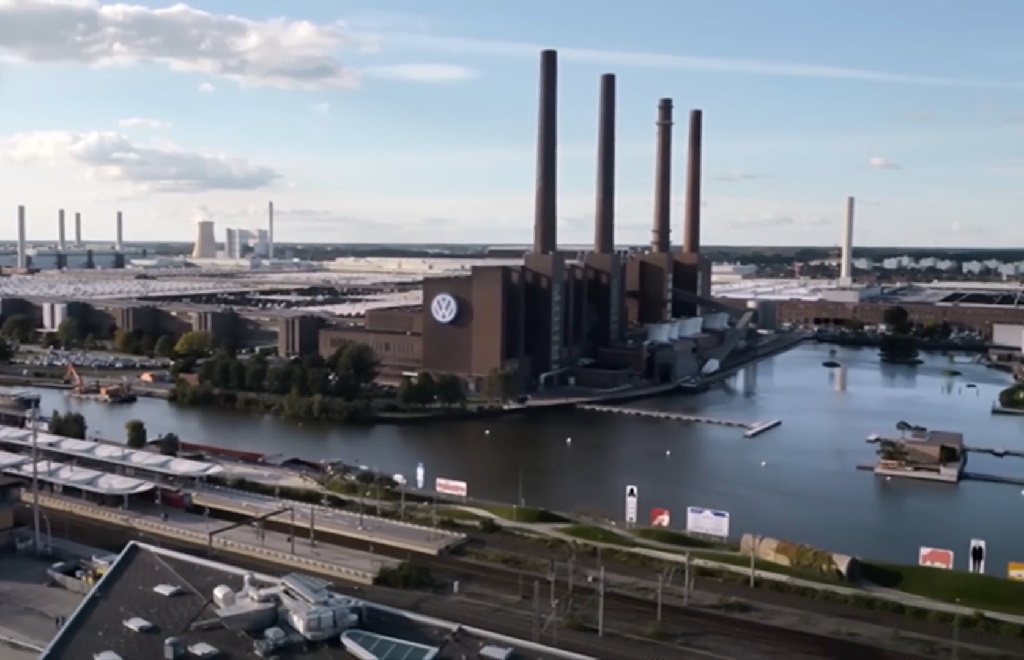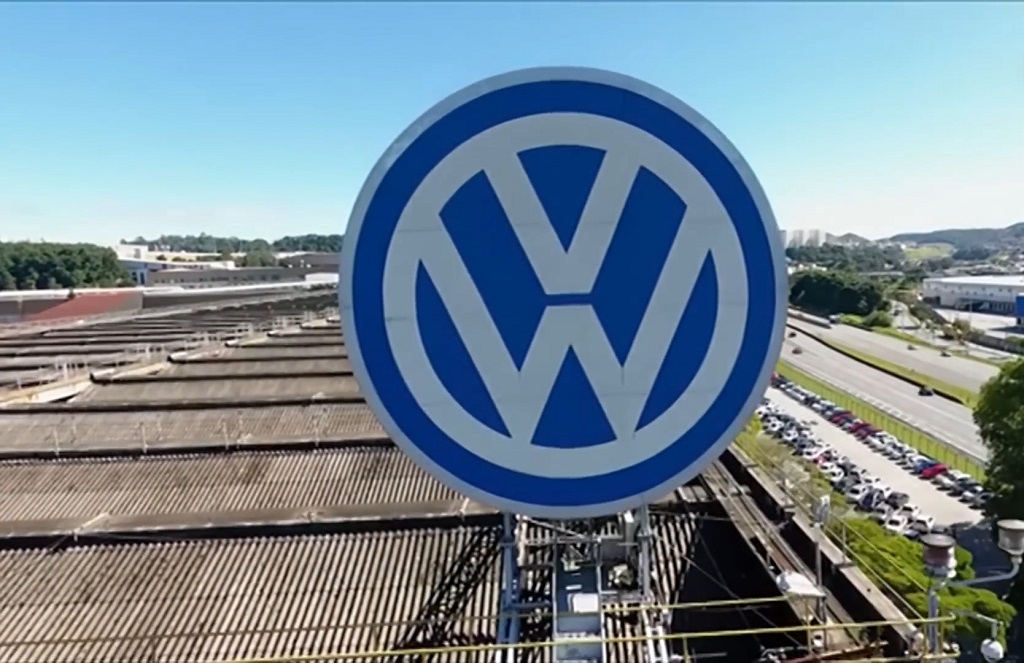
Volkswagen, one of the largest automakers in the world, is at the center of a major scandal in Brazil. Labor prosecutors in the country have charged the company’s Brazilian subsidiary with exploiting farm workers under conditions described as akin to slavery.
The accusations, which date back to the 1970s and 1980s, involve harrowing stories of abuse, debt bondage, and appalling living conditions on a massive cattle ranch owned by Volkswagen in the Amazon region. Prosecutors are demanding 165 million reais ($27.5 million) in damages.
Brazilian labor prosecutors charged Volkswagen with subjecting farm workers to conditions akin to slavery and are seeking 165 million reais ($27.5 million) in damages. pic.twitter.com/XPjW8yDmLl
— International Monitor (@intmonitor) December 5, 2024
What Are the Allegations Against Volkswagen?
The accusations focus on Volkswagen’s Vale do Rio Cristalino ranch in Pará state, a property of over 140,000 hectares acquired in 1973. During Brazil’s military dictatorship, Volkswagen was encouraged to invest in the Amazon region as part of government efforts to develop the area.
Reports suggest that workers were promised decent jobs but instead found themselves trapped in abusive conditions.
🚨🇧🇷 VOLKSWAGEN IN THE HOT SEAT: SLAVERY CHARGES FROM THE ’70S-’80S
Brazilian prosecutors just slapped Volkswagen with charges, claiming its farm workers were treated like it was the 1800s, not the 1980s.
The workers faced grueling hours, unsafe conditions, and debt traps that… pic.twitter.com/vTUXO5MUZK
— Mario Nawfal (@MarioNawfal) December 5, 2024
Workers endured:
- Long, grueling work hours without proper rest.
- Debt bondage, where they were forced to buy necessities from the company, leaving them perpetually indebted.
- Physical and psychological abuse, including cases of armed supervision to prevent escape.
➡️ MPT pede que Volks do Brasil pague R$ 165 milhões por trabalho escravo
MPF processou a Volkswagen do Brasil por trabalho escravo entre 1974 e 1986 na Fazenda Vale do Rio Cristalino, no Pará
Leia: https://t.co/yfuRH50mSQ pic.twitter.com/s7x5tiN9jl
— Metrópoles (@Metropoles) December 5, 2024
The situation in the country wasn’t much brighter in the 90s as well, which can be seen in Aqui Agora episodes, the show SBT is not planning to revive.
How Did This Come to Light?

This case has been under investigation since 2019, when labor prosecutors received testimonies and documents detailing the conditions on the ranch. Witnesses have described being lured to the property under false pretenses and then subjected to brutal treatment.
Volkswagen entered discussions with Brazilian authorities in March 2023 to negotiate a settlement but ultimately walked away, refusing to reach an agreement. This led prosecutors to formally file charges in December 2024.
Volkswagen’s Response
Volkswagen has publicly denied the allegations, claiming it rejects the findings of the investigation. The company also stated that it has not been formally notified of the charges.
However, Volkswagen’s past in Brazil has previously come under scrutiny for other human rights violations. In 2020, the company paid 36 million reais to compensate victims of Brazil’s military dictatorship for collaborating with the regime to identify and persecute activists.
What Happens Next?

The charges against Volkswagen have been presented to a labor judge, who will decide whether the case moves forward. If approved, the company could face significant legal and financial repercussions, as well as further damage to its reputation.
The prosecutors’ demand of $27.5 million in damages highlights the severity of the allegations and the need for justice for the workers who suffered.
This is not the first time Volkswagen finds itself in the middle of a major controversy. From the global outrage over the Dieselgate scandal to past accusations of collaborating with oppressive regimes, the company has faced its share of dark chapters. The latest allegations in Brazil add yet another layer to its troubled history.
Source: Reuters
Read Next – Brazil Projects $3.3 Billion Deficit for 2024
















